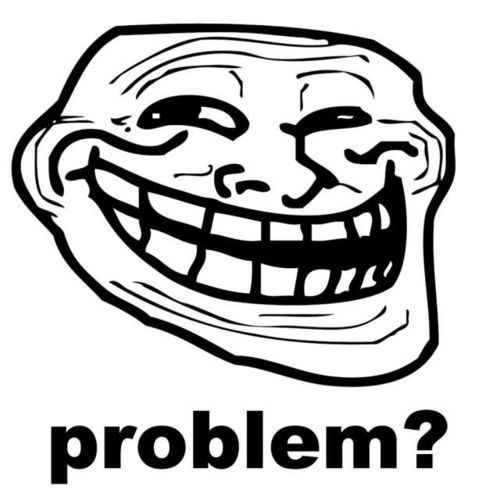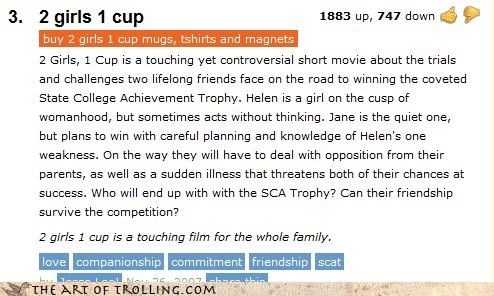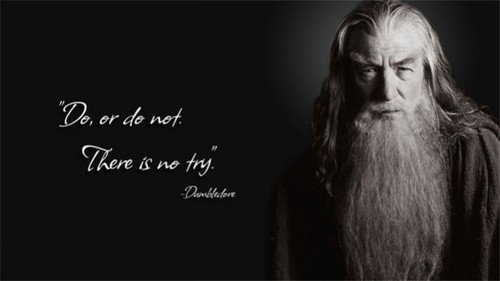Social media has changed my job a lot.
When something major happens, I’m supposed to get a text message from Sky which goes out to journalists who use their service. I still do, but normally it’s about 5 minutes after I’ve seen it on twitter. When another radio station or a newspaper has more staff than us (most of the time) and can send reporters to events, courts, etc. I see their tweets and then get it confirmed from official sources.
When an email from the Police comes down, you’ll see all the local media tweeting it within minutes. In newsrooms there’s a rush to get every story out across our social media and most importantly to be first to do so.
But recently I’ve been wondering if that is really the best policy for our radio station? We are FM – we are on-air, immediate, and exclusive: you have to tune in to hear what we have to say. You can’t copy and paste our news. We have a website but it’s secondary to what we do.
Hypothesis:
The only people who really care about you getting a story out onto the internet first, are other journalists.
The Experiment:
Does getting our news online and shared on social media help us reach our audience better? Or does it simply alert the competition to a good story?
Disclaimer:
Obviously, with BIG breaking news, the aim is to get information out there asap. It’s where radio shines as a medium above all others. You will never see a Facebook update saying “A bomb has gone off at a King’s Lynn school, tune in at 3 to find out which one!”
A talking point, a nice little exclusive, an interesting STORY, is ideal for this experiment.
Method:
There are gas main replacement works going on in the middle of King’s Lynn at the moment. Diversions are in place, it’s causing some problems, local businesses are not too happy. On Friday lunchtime, they dug down to soil that hadn’t been touched since the middle ages, and right through the skeleton of a child. It’s near a church so it is not shocking, but it is an interesting little nugget of news.
We got pictures, audio, and information by 2pm. But we DIDN’T tweet about it. Instead, we used social media to start teasing that we had an exclusive, encouraging people to listen in near the hour for something interesting, etc.
At 5pm we tweeted the first picture and started pushing the link to our website.
Results:
At 5.05pm, one of our presenters found a missed call on his mobile from a local newspaper. At 6pm another local paper got a story online about it. Mostly with information from the Revd of the local church, information that I had given to him when I spoke with him hours earlier.
I have worked at other radio stations where I’ve read out some news written 2 days earlier, and it’s appeared on a local newspaper website within 10 minutes. But in this case, I don’t think they were tuned in.
Conclusion:
(This isn’t actually scientific in any way by the way.)
It has made me think. By constantly pushing everything we have in all directions, are we in fact, losing our edge? By making speed our main objective does social media actually harm our product?
I’m not really sure if I can conclude anything with just one little experiment, but I am going to make sure we think about HOW and WHY we use social media a lot more from now on.


